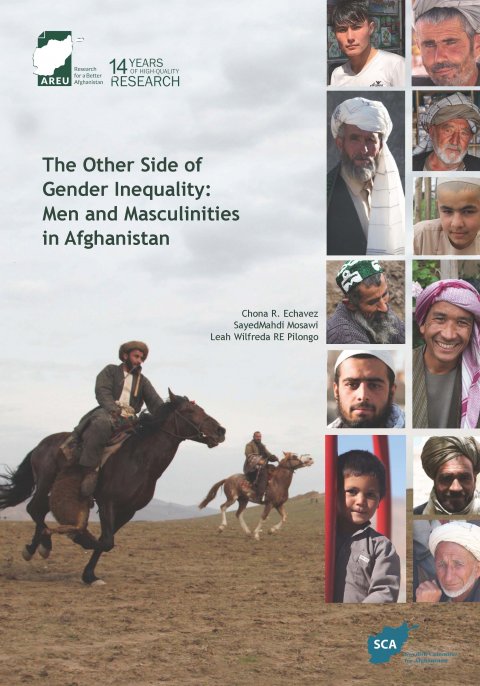
As one of the first studies on Afghan Masculinities and Gender inequality, the overall purpose of the research is to achieve an in-depth understanding of different notions of being a man in Afghanistan and how they contribute to gender inequality. Results affirmed that being a man refers to social roles, behaviours, and meanings prescribed in a particular context. This perception is clearly shown in the shared opinion among all groups in the Focus Group Discussions (FGDs), for mature and young women and men, and Key Informant Interviews (KIIs) in all provinces, that men should be considered the head of the household. A man has the responsibility to procreate, support, and protect the family and country. Afghan men are perceived to possess the qualities of being brave at the same time as they are honourable. The majority of the respondents also agreed that gender-based violence, although not right, is justifiable when women resist men’s decisions. Most of the male religious key informants believed that Islamic rules permit beating a wife in case she is a “Nashiza/ rebellious/disobedient woman...”.
The study is available in English (http://www.areu.org.af/UpdateDownloadHits.aspx?EditionId=889&Pdf=1601E%…) and Dari/Persian (http://www.areu.org.af/Uploads/EditionPdfs/1601D%20The%20Other%20Side%2…). Recently, we also made a short film which is an abridged version of this research. Here is the link of the full video:
https://www.youtube.com/watch?v=LMn0EIhuBI0 . Although it is in Dari and Pashto, a subtitle in English is available.